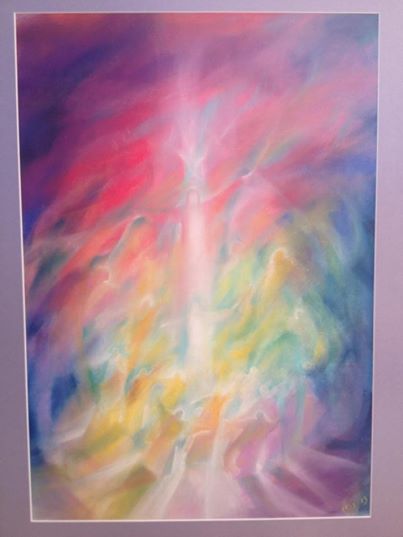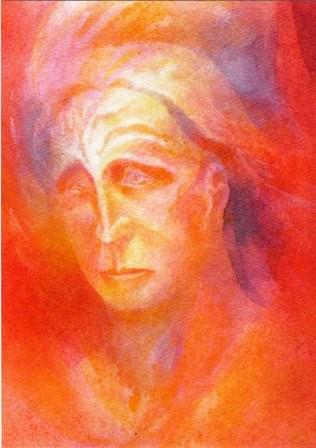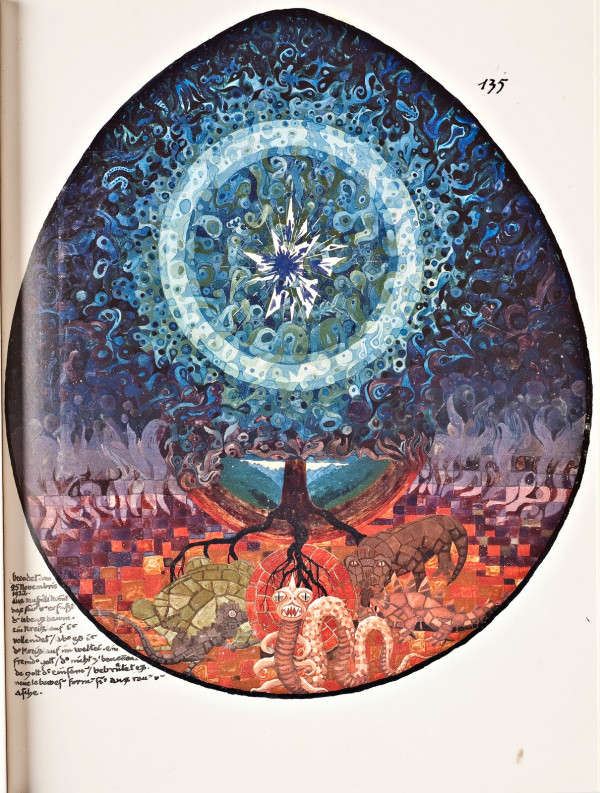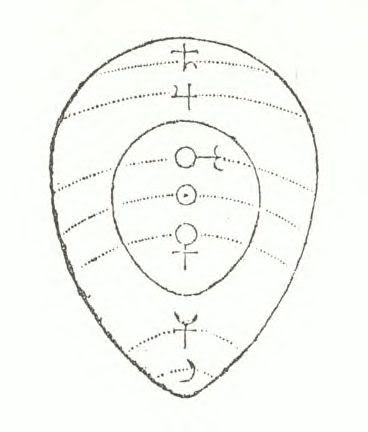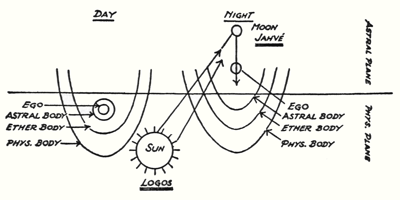There are some excellent resources available online for those who are engaged in a study of the mystery dramas.
Luigi Morelli’s article The Impulse of Spirit Recollection deals both with the mystery dramas, and with several aspects of the social impulse.
David Wood has written two very cogent articles which explore the historical personalities that provided models for the characters of Strader and Theodora in the mystery plays. His articles can be found on the website of the Science Group of the Anthroposophical Society in Great Britain.
It is likely that H. Collison’s Commentary on Rudolf Steiner’s Four Mystery Plays will be reprinted soon.
Additional resources readily available in English include Eileen Hutchins’ Introduction to the Mystery Plays of Rudolf Steiner, and H. Pusch’s Working Together on Rudolf Steiner’s Mystery Dramas. From Rudolf Steiner, additional insights regarding the dramas can be found in Three Lectures on the Mystery Dramas, Road to Self Knowledge and the Threshold of the Spiritual World, and Secrets of the Threshold.

